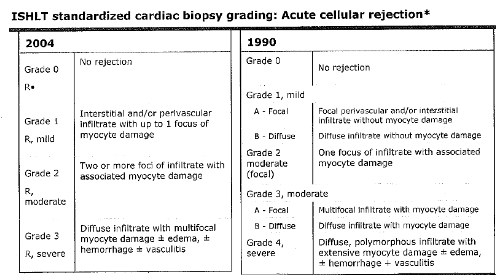Dietary Intervention And Heart Transplant
Diet and nutrition after a heart transplant your medication causes you to have a less effective immune system.
Dietary intervention and heart transplant. Therefore it is important to avoid food born illness and practice safe food handling. Recently a retrospective single center study reported that pediatric heart transplant recipients who are malnourished are at higher risk of postoperative complications and mortality highlighting the need for an effective intervention to address inadequate and or unhealthy nutrition in this high risk patient population. Timely nutrition assessment and intervention in organ transplant recipients may improve outcomes surrounding transplantation. Diet and exercise after transplant.
The previous dietary intervention study of 42 heart transplant recipients encouraged consumption of a lowfat diet for 12 months 10. Nutrition is an important part of a healthy life before during and after your transplant. This was a randomised controlled feasibility trial to evaluate a mediterranean diet. 1 5 9 7 years after heart transplant completed the intervention.
An exercise and diet intervention in pediatric heart transplant recipients j am heart assoc. Nutrition after a heart transplant. Diet compliance was associated with a decrease in total cholesterol triglycerides and glucose plasma level and with a weight loss mainly due to a decrease in fat mass. Obesity dyslipidemia hypertension and diabetes mellitus are common features after heart transplantation and they lead to coronary artery disease and graft loss.
To evaluate the feasibility and acceptability of a mediterranean vs a low fat diet intervention in heart and lung transplant recipients and to assess clinical and biochemical outcomes. 38 in our study. Surgery and certain medications can change your nutrition requirements and the way your body processes food. During your hospital stay a dietitian will work with you to help you make informed nutrition choices and.
Because nutritional status is a potentially modifiable risk factor the development of strategies designed to optimize nutritional status decreases the short term risks in the post transplant period russo et al 2010. This coincided with a reported beneficial effects on lipid and.
